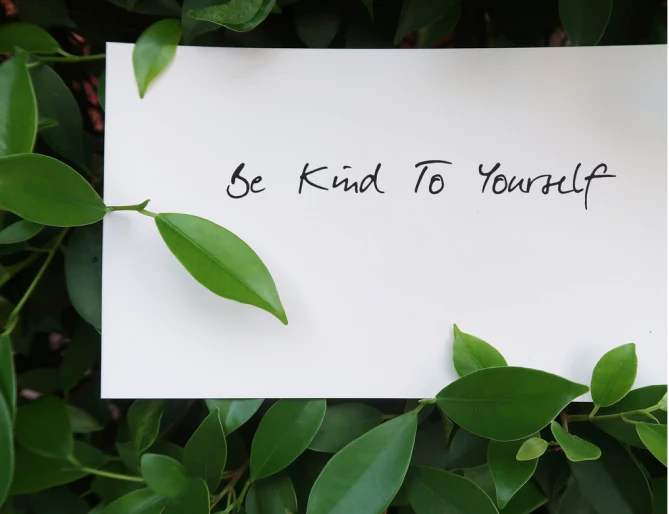Did you know that, globally the level of stressed, anxious, depressed and lonely people has risen? It’s unfortunate that Kenyan youth are also experiencing the same phenomenon.
A study done on students at the University of Nairobi found that 40.8% of the sample group showed symptoms of moderate to severe depression.[Depression among university students in Kenya: prevalence and sociodemographic correlates, Caleb J Othieno et al, 2014.]
Another study on Kenyan teenagers aged 13 to 19 found that about 38% of the participants showed worrying symptoms of anxiety. [Depression and Anxiety Symptoms, Social Support, and Demographic Factors Among Kenyan High School Students, Tom L. Osborn et al, 2019.]
A multitude of factors have been attributed as the cause of these feelings; the effects of living in the digital age; worries about their future, from economic and job uncertainty, to concerns about image; and academic and social pressures to meet the expectations of those around them.
The slow-moving but notable shift in conversation around mental health expounds these. As a result, young people are increasingly being made more aware of the importance of holistic well-being, and the factors that might be hindering that and those that promote it.
Although the stigma surrounding mental health is still prevalent, there are more spaces today that wish to alter the negative connotations. The change in narrative is especially apparent on social media, where the term self-care has gained prominence.
What is the definition of self-care? The World Health Organisation defines it as “the ability of individuals, families, and communities to promote health, prevent disease, maintain health, and to cope with illness and disability with or without the support of a healthcare provider.”
Understandably, the definition is broad because self-care can take various forms. The purpose is to promote physically and mentally healthy individuals. Here is how you can get started.
These techniques may not reduce the pressures you face, but they will place you in a better position to deal with them. Remember, your well-being is a priority.
Betty Maina, Program Officer, CBF.


